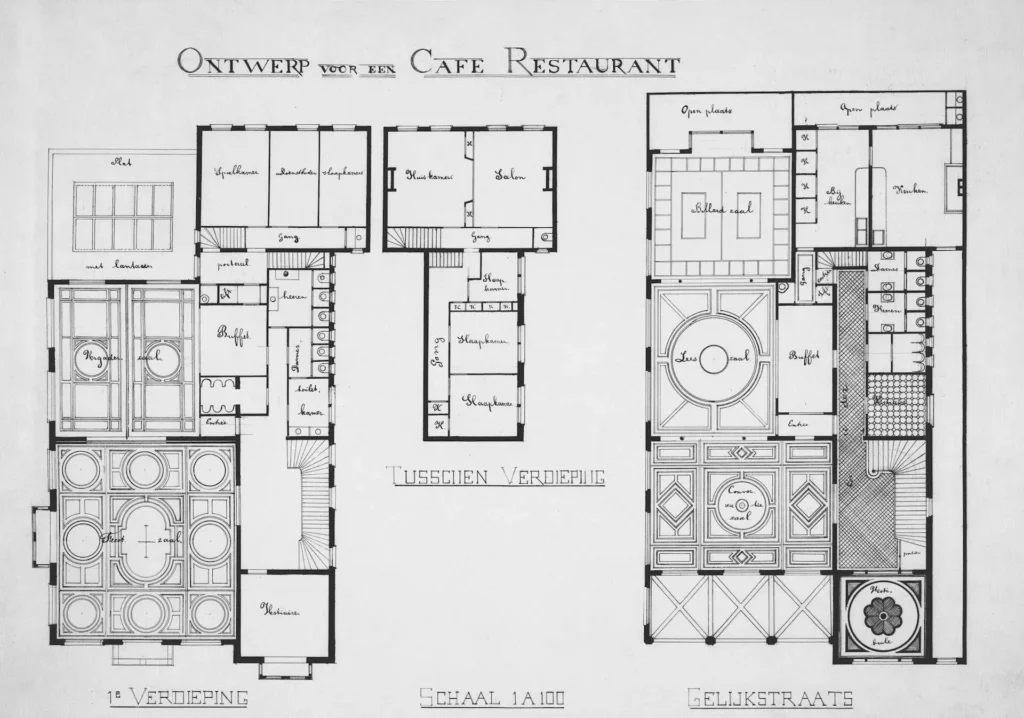Renovating your home or business in Toronto can be an exciting yet complex process. Whether you’re planning a small remodel or a major structural change, understanding the permits and regulations involved is crucial. Here’s what you need to know before starting your renovation project in Toronto.
When Do You Need a Permit?
Building permits are more than just bureaucratic red tape—they exist to ensure safety, structural integrity, and compliance with zoning laws. In Toronto, the Ontario Building Code (OBC) and municipal bylaws dictate what types of renovations require permits. Whether you’re adding a room, tearing down walls, or upgrading your plumbing, securing the right permits protects you, your property, and future buyers.
Without a permit, you risk violations that could halt construction, incur penalties (fines can start at $500 and escalate depending on the infraction), or complicate a future sale. Plus, unpermitted work might not be covered by insurance if something goes wrong. In short: permits are your safeguard and proof of compliance.
When Do You Need a Permit?
Not every renovation requires a permit, but many do. The City of Toronto provides clear guidelines, and here’s a breakdown of common projects that typically need approval:
- Structural Changes: Altering load-bearing walls, adding a second story, or building an extension requires a permit to ensure the building remains safe and stable.
- Plumbing and Electrical Work: Installing new plumbing fixtures, moving pipes, or upgrading electrical systems often needs a permit and must be done by licensed professionals.
- New Additions: Decks over 24 inches high, sunrooms, or accessory buildings (like sheds over 108 square feet) fall under permitting rules.
- Basement Renovations: Finishing a basement or adding a separate entrance (e.g., for a rental unit) requires permits to meet fire safety and egress standards.
- Windows and Doors: Replacing windows or doors with ones of the same size usually doesn’t need a permit, but changing the size or location does due to structural and energy efficiency considerations.
When is a Permit Not Required?
Some minor renovations and cosmetic changes do not require a permit. These include:
- Painting and wallpapering
- Replacing flooring or cabinetry
- Installing new countertops
- Minor electrical work (e.g., replacing light fixtures)
- Landscaping (unless it involves retaining walls over a certain height)
How to Apply for a Permit
To obtain a building permit in Toronto, follow these steps:
- Prepare Your Plans – Detailed drawings and plans must be prepared, usually by a licensed architect or designer, to meet the city’s building code requirements.
- Submit an Application – Apply online or in person through Toronto’s Building Permit portal. Required documents typically include site plans, construction drawings, and permit fees.
- Review Process – The city reviews applications to ensure compliance with the Ontario Building Code, zoning bylaws, and other regulations. This process can take several weeks.
- Receive Your Permit – Once approved, you can begin construction, ensuring that work follows the approved plans.
- Schedule Inspections – Inspections must be conducted at various stages of the project to confirm compliance with safety and building standards.
Zoning and Bylaws to Consider
Before renovating, it’s important to check zoning regulations and bylaws that may impact your project, including:
- Setback requirements – The minimum distance required between your structure and property lines.
- Height restrictions – Maximum allowable building height based on your zoning classification.
- Heritage property rules – Special permissions required if your property is a designated heritage site.
- Conservation Authority Regulations – If your property is near a ravine, waterfront, or environmentally protected area, additional approvals may be needed.
Heritage Properties
If your home is in one of Toronto’s Heritage Conservation Districts (HCDs) or listed on the Heritage Register, additional rules apply. Even small changes, like replacing windows or altering the façade, may need approval from the Toronto Preservation Board. Contact the city’s Heritage Planning staff early to avoid surprises.
Special Considerations: Trees and Ravines
Toronto’s unique geography adds extra layers of regulation. If your property is near a ravine, the Toronto and Region Conservation Authority (TRCA) may require a permit for any work that could affect watercourses or slopes. Similarly, the city’s Private Tree Bylaw protects trees with a diameter of 30 cm or more—removing or injuring one without permission can lead to fines up to $100,000. Always check tree locations before digging or building.
If your project doesn’t fit within zoning regulations (e.g., you want a larger addition than allowed), you may need to apply for a variance through the Committee of Adjustment—a process that can take time and involves public consultation.
Consequences of Renovating Without a Permit
Failing to obtain the necessary permits can lead to serious consequences, including:
- Fines and penalties – The City of Toronto can impose hefty fines for non-compliance.
- Stop-work orders – Authorities can halt construction until proper permits are secured.
- Legal and insurance issues – Unpermitted work may impact insurance claims and property resale value.
- Costly corrections – You may be required to undo completed work to meet legal requirements.
Working with a Licensed Contractor
At Rich By Design, we understand that navigating the permitting process can be overwhelming. Our experienced team is well-versed in Toronto’s building regulations and can handle every step of the process for you. We will:
- Ensure your renovation complies with all building codes and regulations
- Obtain the necessary permits and approvals on your behalf
- Schedule and coordinate inspections to keep your project on track
By working with us, you can have peace of mind knowing that your renovation is in expert hands. Let us take care of the details so you can focus on bringing your vision to life.
Final Thoughts
Renovating in Toronto can transform your home, but it’s not a free-for-all. Permits and regulations are there to keep your project safe, legal, and up to code. Reach out to us to learn about our Permit Acquisition service. The benefit is that we research your specific needs with our partners at the City of Toronto’s, and help you with budgeting time and funding for approvals. With the right preparation, you’ll avoid headaches and enjoy a home that’s both beautiful and compliant.

